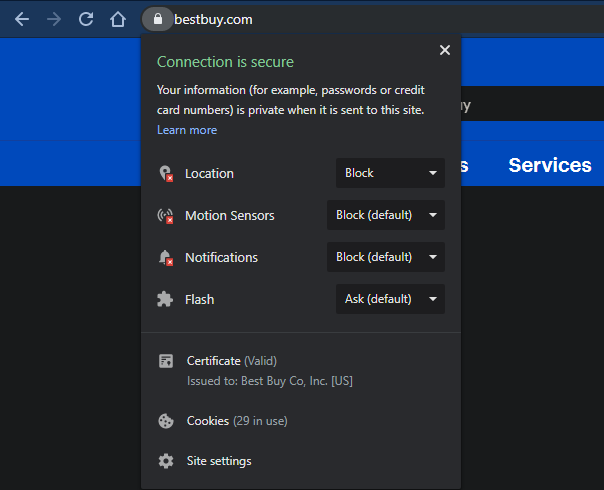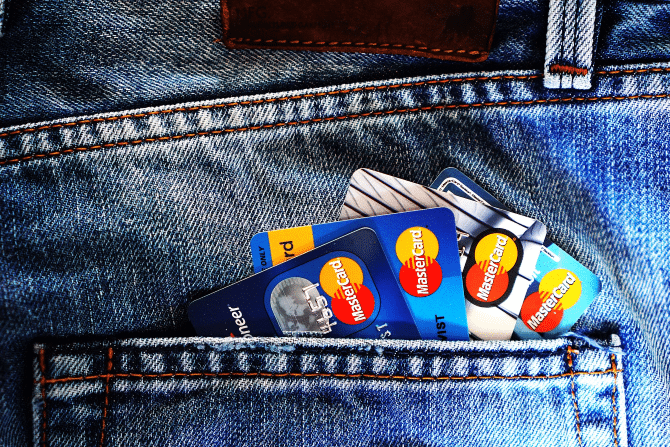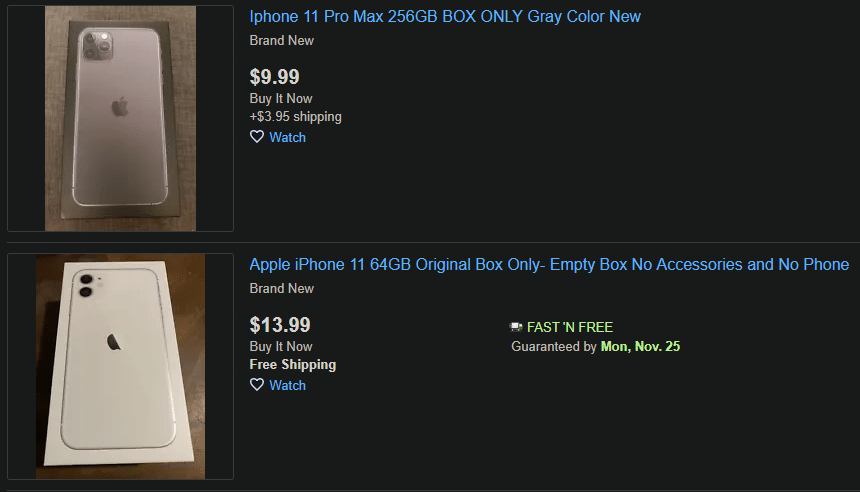Whether you’re shopping online during major events like Black Friday and Prime Day, or just enjoy the convenience of buying products via the internet, you should be aware of some basic security tips.
Shopping online is handy, but it also opens you up to threats that you might not face when buying offline. Let’s look at some ways to keep yourself and your money safe when shopping on the internet.
1. Make Sure You Trust Websites Before Paying
Once somebody has your card information, they have everything necessary to make purchases under your name. This means you should exercise caution when deciding whether to provide your payment details on a website.
As a start, you should always make sure you’re on a secure connection. Depending on your browser, you may see a padlock icon, green text that says Secure, and/or a URL starting with https. These are all signs that your connection to the website is encrypted.
Never enter sensitive information, like your card details, on a site that is not secure. These sites offer no protection of your information.
However, just because you’re on a secure connection doesn’t mean the website is trustworthy. Well-known retailers like Amazon shouldn’t pose many problems, but you should be careful when making a purchase on lesser-known sites. Make sure to look around online to get an idea of the site’s reputation.
To avoid exposing your credit card information to many sites, you should consider using PayPal or a similar service whenever possible. When you pay with PayPal, the vendor doesn’t receive your full payment details. If that retailer were to get hacked, your information would remain protected since PayPal obfuscates it. Plus, PayPal offers Buyer Protection if you don’t get what you ordered.
2. Use a Credit Card, Not a Debit Card
In the worst-case scenario that your card details get stolen, it’s much better to have this happen to a credit card than a debit card. This is because a debit card provides direct access to the funds in your bank account, while a credit card isn’t using your money right away.
Say someone steals your credit card details online and racks up thousands of dollars in purchases. When you report this, the credit card company will want to do everything it can to resolve the fraud, because it’s their money being spent. In most cases, you’ll either owe nothing or a small liability fee from credit card fraud.
However, if this happens with your debit card, it affects your money directly. While many debit cards have protection against unauthorized purchases, you’ll still have to wait some time to get the money refunded to your account after fraud. Depending on how long you wait and how much unauthorized activity occurs, your liability could be much higher than a credit card.
If you don’t have or don’t want a credit card, it’s wise to keep most of your money in a separate account that’s not linked to your debit card. This will limit the damage someone with your debit card info could do.
3. Beware of Common Scams
There are a few common online shopping scams you should know about:
- Gift card scams: Make sure to buy gift cards from reputable retailers only. Often, you’ll find too-good-to-be-true “deals” on gift cards from shady sites or even some sellers on eBay. These offer steep discounts but end up shipping you cards that have already been used.
- Box only: If you buy from eBay or other second-hand sites, make sure to examine the listing carefully. Often, people will place a listing for a hot-ticket item at a price much lower than expected, with a small note that it’s for the box only. If you’re not careful, you could waste money on an empty box.
- Too much information: A good sign that a site is dangerous is when it asks you for too much information. Keep an eye out for unprompted requests for your credit card details, or even more sensitive info like your Social Security number.
- Email phishing: You should know how to spot fake emails designed to trick you into clicking on a malicious link. These can become more common around big shopping holidays like Cyber Monday.
We’ve focused mainly on buying here, but seller scams are also a concern for those who make occasional sales on services like Craigslist or eBay. A common scheme involves someone offering to pay you more than the item’s asking price in exchange for sending it to a foreign country. These are always nonsense.
4. Practice Good Overall Security
You can keep your shopping experience safe by following good security practices everywhere. We’ve discussed the dangers of public Wi-Fi before, so you should definitely avoid making purchases on insecure connections.
It’s also vital to protect your online shopping accounts to prevent unauthorized access to your information. We recommend using a password manager to create strong, unique passwords for each account.
Finally, make sure to monitor the transactions on your credit card and bank statements. Sometimes thieves play the long game and hope you don’t notice small charges over time. It’s wise to make sure there’s no fraudulent use of your card before something big happens.
Make Online Shopping Safer
We’ve looked at the fundamental ways to help reduce the risks of online shopping. Protecting your payment details and avoiding shady sites will go a long way in preventing issues.
For more, take a look at vital security practices for everyone.


